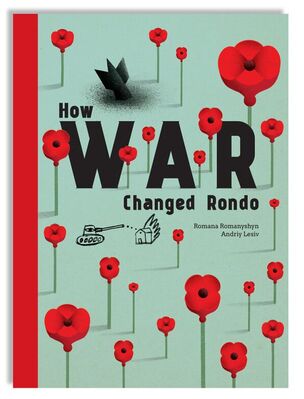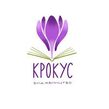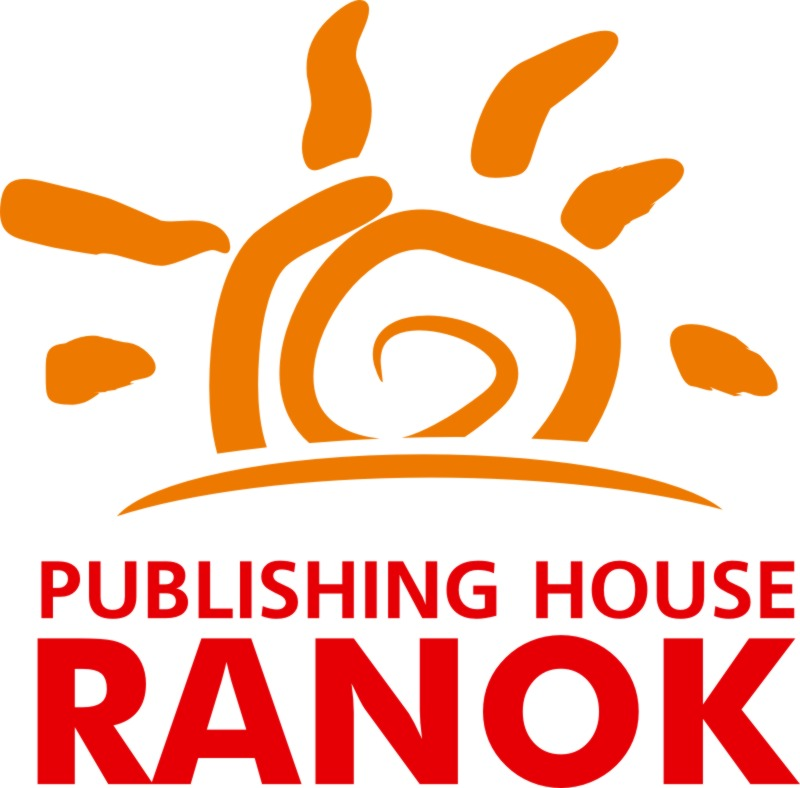by Oksana Lushchevska
It takes a village to heal warriors – and it takes a warrior to teach the village how” state Raymond Monsour Scurfield and Katherine Theresa Platoni in their scholarly text Healing War Trauma: A Handbook of Creative Approaches.
Following the horrific news from Ukraine, an independent, rapidly developing country located in eastern Europe, US educators and literature advocates seek tools to facilitate starting conversations about the devastating effects of war on humanity and the support every individual can offer, regardless of where they are. Children’s books can serve as a great tool to start deliberate, responsible conversations through classroom dialogue. Jella Lepman (1891-1970), a German journalist, author, and translator who founded the International Youth Library in Munich right after WWII, believed that children’s books are couriers of peace. She was certain that if children read books from other countries, they would realize that they share common human values and strive to preserve them. I believe that we, as global-minded educators and literature advocates, should, to use Scurfield and Platoni’s words, become warriors of peace; peacemakers who prepare our children to grow into wise, understanding, and sympathetic global citizens who have the will and the capacity to heal the world. Being originally from Ukraine and witnessing this horrific war unfolding in my country, where all my family and friends live, I feel the cruciality of this duty urgently and viscerally. Thus, I want to bring to your attention the picturebook How War Changed Rondo, which is a Ukrainian export. The book has been recognized as a Kirkus Best Book of 2021 and as a USBBY Outstanding International Book of 2022. Interestingly, this book was created by the Ukrainian book creators Romana Romanyshyn and Andriy Lesiv in 2014. The book won the 2015 Bologna Ragazzi Award, which is one of the most prestigious European Awards in children’s literature. I translated this book as soon as it was written. It was an imperative for me to bring it to the attention of English-speaking readers as it highlights a vital turning point in Ukraine's independent history: Russia’s annexation of Crimea and occupation of the eastern part of Ukraine in 2014 (Ukraine has been an independent country since the Soviet Union collapsed in 1991). I also felt responsibility to share with global young readers that we, as human beings, all want peace and democracy; we want to create and to thrive. In the picturebook, through the fictionalized characters, Danko (a light bulb), Fabian (a pink balloon dog), and Zirka (an origami bird), Romanyshyn and Lesiv depict the horrors of invasion of one’s own country, the impact of war, and the destruction in brings to everyone.
When I translated the text, I brought it to my classroom. It was 2015 and I taught a Children’s Literature course at the University of Georgia. When my students, who were future educators, read the text of How War Changed Rondo (the book was not yet published in the US), their empathy was sharp and deep. What’s important to know – I read the text without showing them the illustrations, so they could imagine the characters by themselves. After the reading, I invited them to write down their responses or/and to draw them. In particular, I invited them to imagine who the characters of the book are and what their injuries might look like. This was a very fruitful experience that further connected my students emotionally with the text and grounded their empathy. Finally, I showed them Andriy Lesiv’s original illustrations and they were touched by the perspective they created. You can use a similar approach when reading this picturebook in your classroom, or you can do it your own way. The possibilities are endless. You might also like to pair it with a short professional animated video of The War That Changed Rondo recently done by Chervony Sobaka (Red Dog Studio). This will be a good set to bring an intelligent perspective on such an important topic.
Donating to Help
If you are looking for donation options to support the people of Ukraine, here are some outlets for your consideration.
References
Lepman, J. (2002). A bridge of children’s books: the inspiring autobiography of a remarkable woman. Dublin, Ireland: The O’Brien Press, Ltd. Romanyshyn, R., Lesiv A., How War Changed Rondo. New York: Enchanted Lion Books. Scurfield, R. M., Platoni, K. Th. (2012). Healing War Trauma: A Handbook of Creative Approaches. New York: Routledge.
Oksana Lushchevska, Ph.D. is an independent children's literature scholar and a Ukrainian children's book author and translator. She is a publishing industry and government consultant in Ukraine and founder of Story+I Writing Group. She was a recipient of the 2015 CLA Research Award.
Website: http://www.lushchevska.com Comments are closed.
|
Authors:
|
CLA
About CLA
|
Journal of Children's Literature
Write for JCL
|
ResourcesCLA-sponsored NCTE Position Statements
|
Members-Only Content
CLA Video Library
|
© COPYRIGHT 2018.
ALL RIGHTS RESERVED |







 RSS Feed
RSS Feed